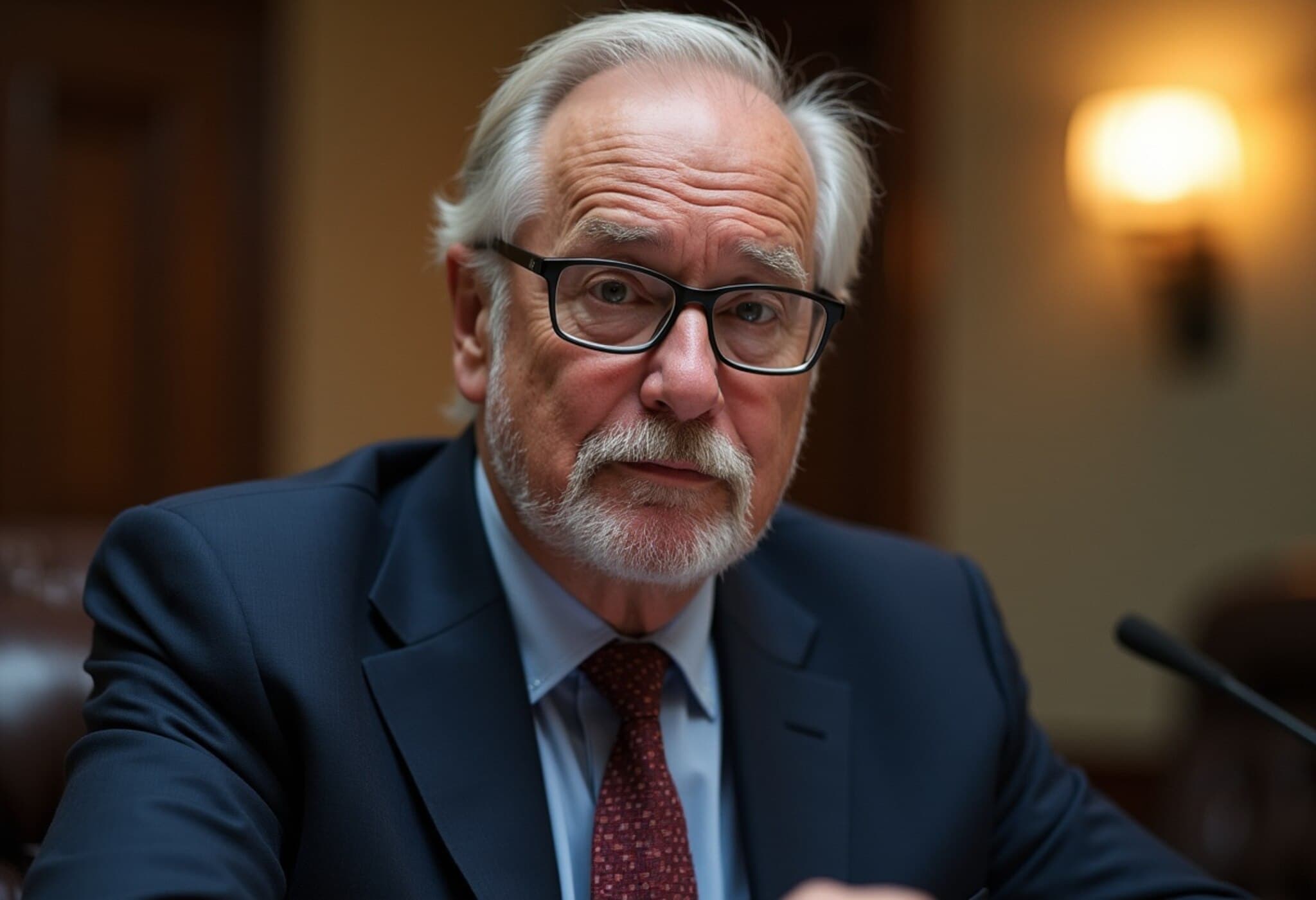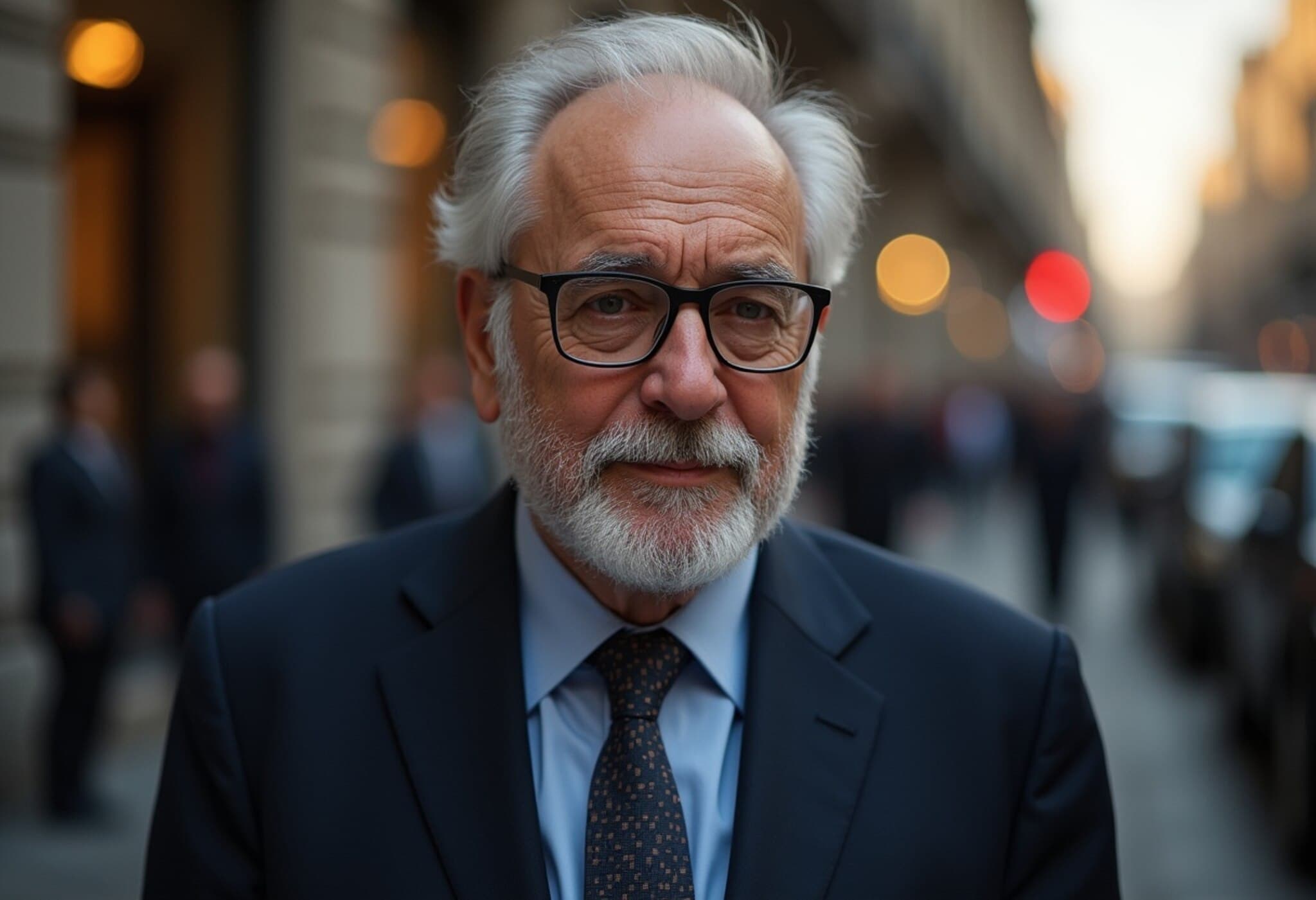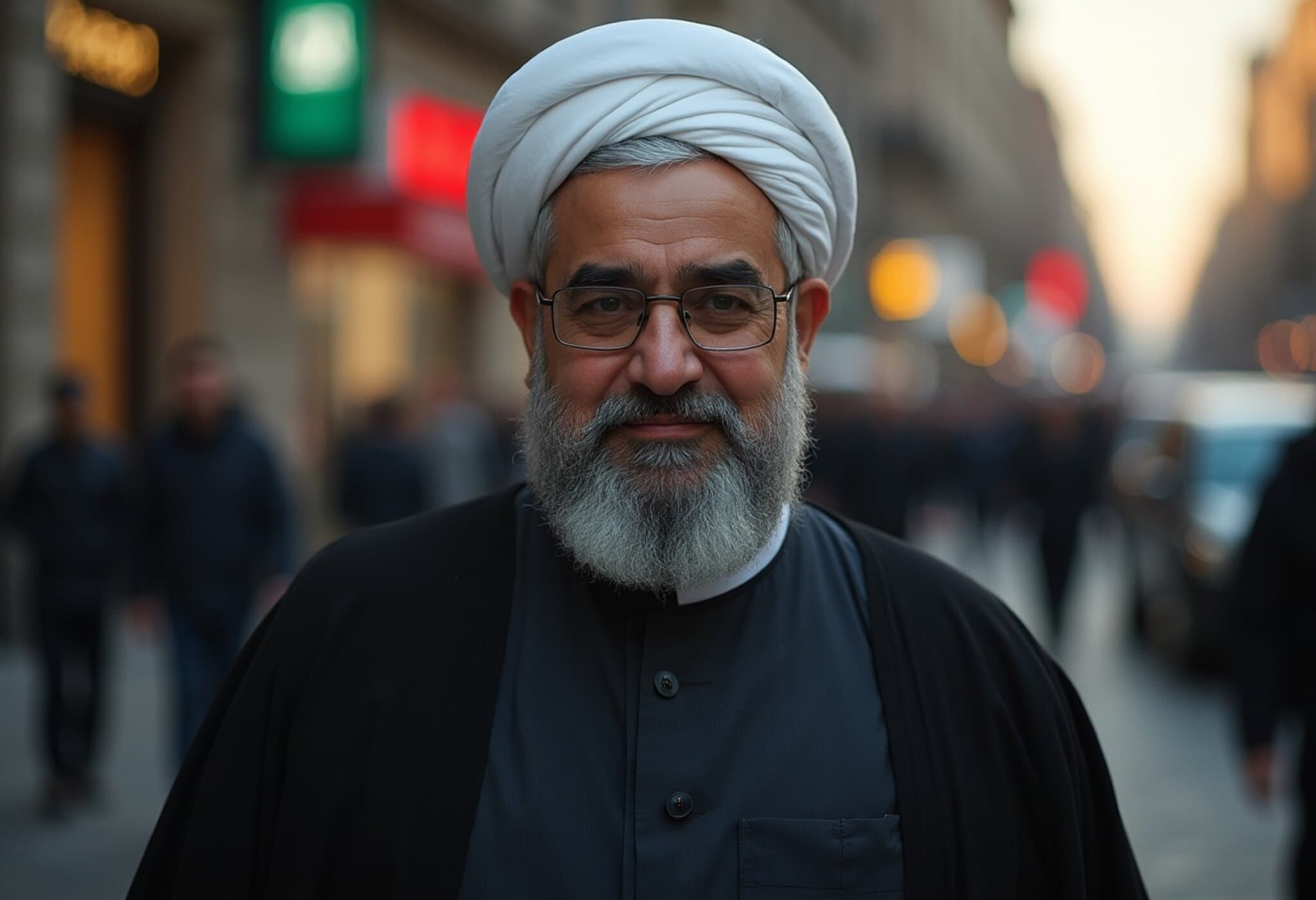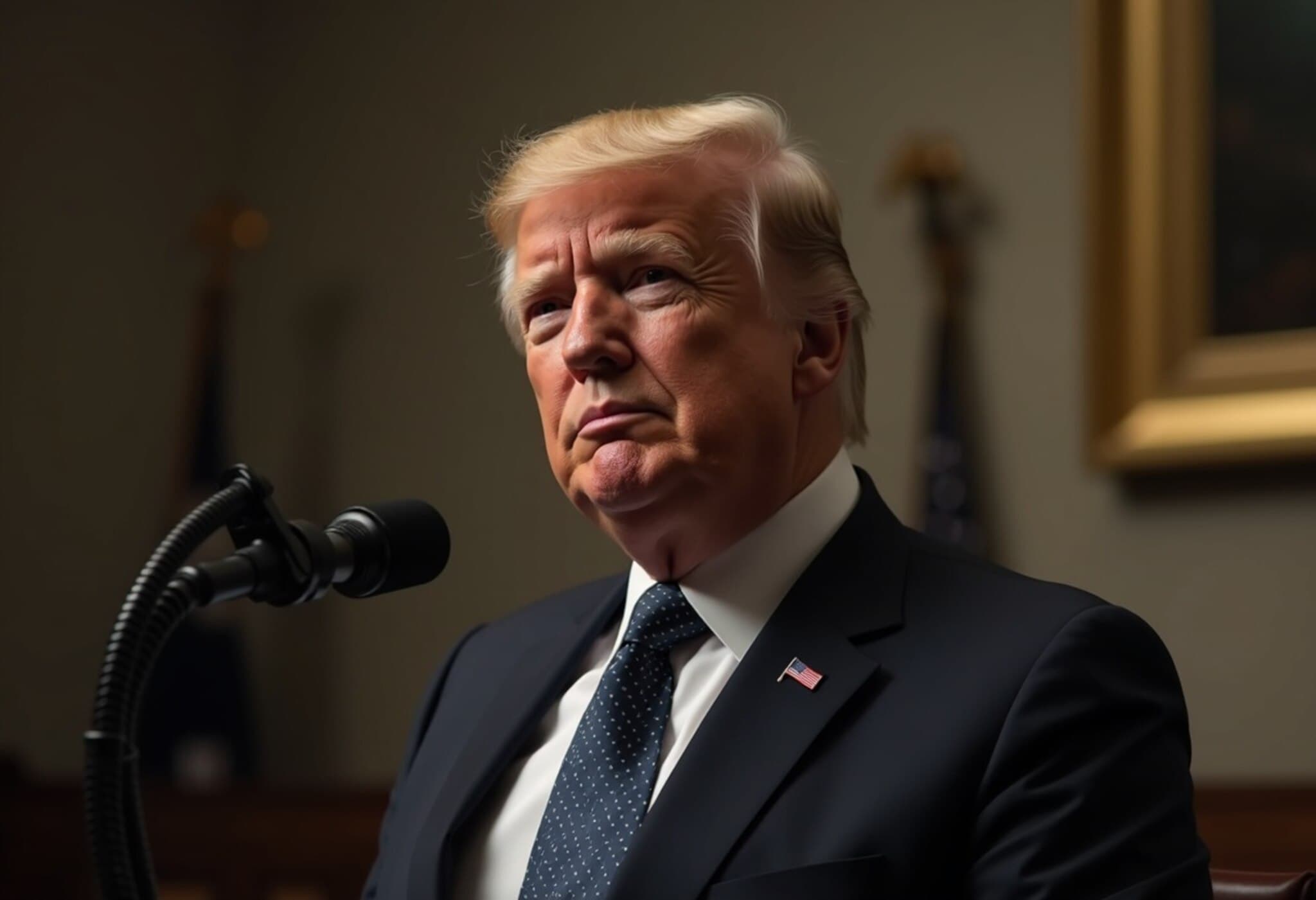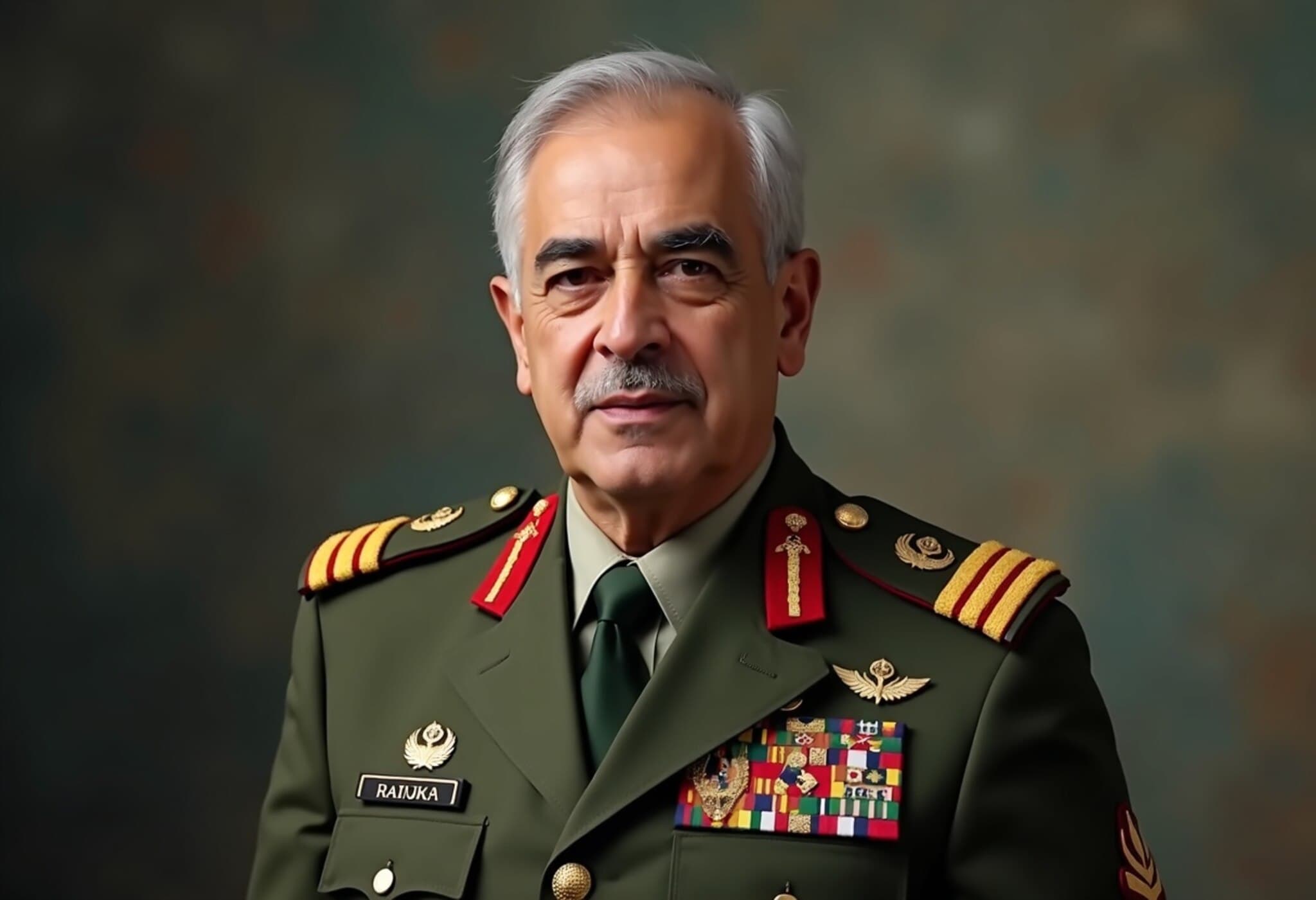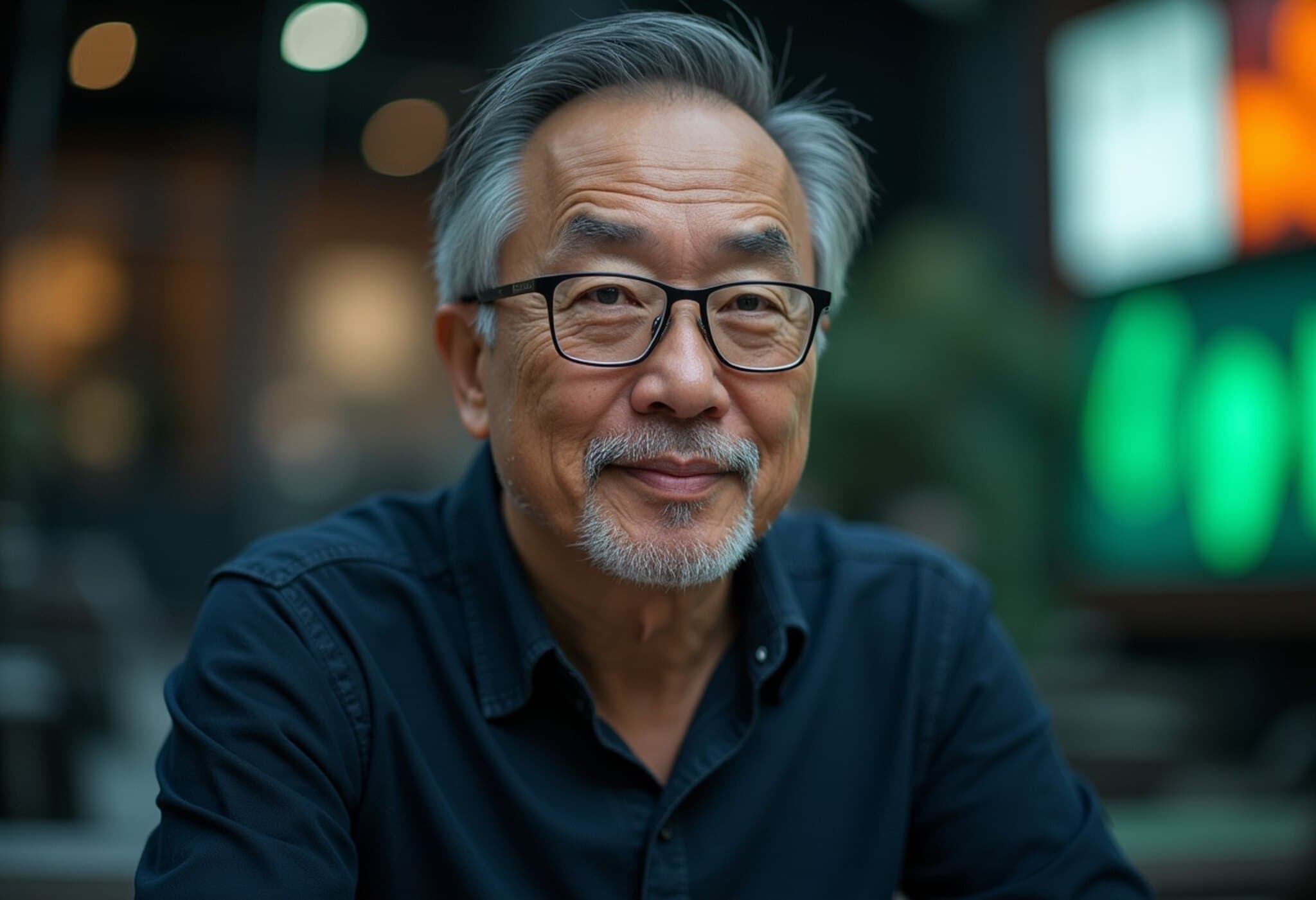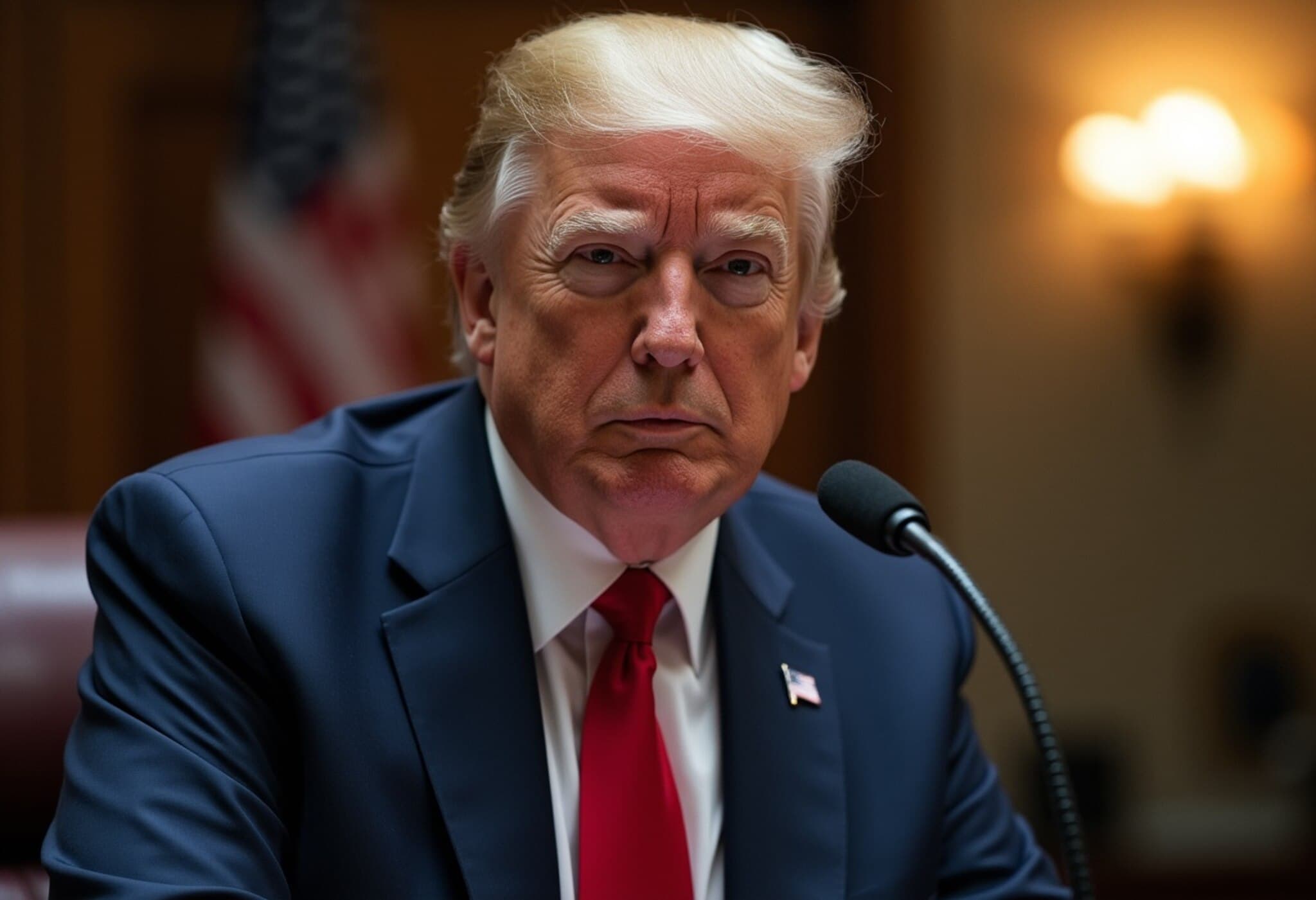Unpacking the Jeffrey Epstein Mossad Agent Conspiracy Theory
The mystery surrounding Jeffrey Epstein's life, wealth, high-profile connections, and untimely death has long been fertile ground for conspiracy theories. Recently, former U.S. television host Tucker Carlson reignited one of the most controversial narratives: that Epstein was an operative for Mossad, Israel’s intelligence agency. This theory has sparked intense debate, drawing sharp rebuttals from former Israeli Prime Minister Naftali Bennett and raising broader questions about the intersection of power, secrecy, and misinformation.
The Roots of the Mossad Agent Theory
Epstein’s astonishing wealth—despite lacking a formal college degree—and his access to global elites have been central to conspiracy theories about his true role. Carlson’s July 2025 remarks at the Turning Point USA Student Action Summit suggested that Epstein’s lavish lifestyle, including ownership of a private Caribbean island and Manhattan’s largest townhouse, could not be chalked up to public business dealings alone. Instead, Carlson implied Epstein’s fortune and protection stemmed from covert support, specifically from Mossad.
A key element fueling this theory is Epstein’s documented association with former Israeli Prime Minister Ehud Barak. According to reports, Barak flew on Epstein’s private jet and met him multiple times, including after Epstein’s 2008 conviction for sex crimes. These interactions have been seized upon by conspiracy theorists as evidence of intelligence links.
Why This Theory Resonates—And Raises Alarm
Carlson framed his assertions as a quest for transparency, arguing it is legitimate to question whether Epstein was involved with foreign intelligence agencies. This narrative has struck a chord among audiences frustrated with unresolved questions about Epstein’s earlier lenient sentencing, the elusive “client list,” and his suspicious death while in jail. On social media and in some conservative circles, the theory has gained traction, reflecting a broader public desire for accountability in what many perceive as an opaque, justice-obstructing elite network.
However, the theory has drawn sharp criticism for its potential to perpetuate antisemitic tropes. Since the mid-20th century, unfounded accusations linking Jewish individuals or Israel to global conspiracies have fueled widespread prejudice and discrimination. Israeli officials and experts emphasize caution, warning that such claims can undermine legitimate investigations and poison international relations.
Ehud Barak’s Role and Responses
Ehud Barak has openly acknowledged his acquaintance with Epstein but denies any knowledge of Epstein’s criminality at the time or any intelligence relationship. Barak insists their meetings were confined to professional and philanthropic discussions, dismissing theories of espionage collusion. Nonetheless, Epstein’s relationships with numerous notable figures across politics, science, and philanthropy continue to attract scrutiny and speculation.
Naftali Bennett’s Firm Rebuttal
Former Israeli Prime Minister Naftali Bennett delivered an unequivocal denial of any Mossad connection to Epstein. In a public statement, he declared the claims “categorically and totally false,” underscoring that Mossad reported directly to him and affirming with “100% certainty” that Epstein was never an agent. Bennett decried the narrative as spreading malicious lies harmful to Israel and Jewish communities worldwide.
His response highlights the delicate balance between confronting conspiracy theories and protecting against baseless accusations that can veer into prejudice. Bennett’s warning signals the impact such theories have, not only on individual reputations but on national and diplomatic trust.
Expert Insights: Navigating Truth, Speculation, and Society
The Epstein-Mossad theory exemplifies how conspiracy narratives can flourish amid real unanswered questions and institutional mistrust. As a policy analyst and media expert, I observe several critical challenges:
- The urgency for transparency: Epstein’s network and the opaque circumstances of his death invite legitimate public scrutiny, demanding credible investigative efforts free from political or prejudicial bias.
- The dangers of confirmation bias: When complex truths intersect with geopolitical anxieties, conspiracy theories easily morph into simplistic explanations that can fuel discrimination.
- The role of media responsibility: High-profile commentators wield immense influence and must acknowledge the potential consequences of amplifying unsubstantiated claims—particularly those that echo historical prejudices.
Furthermore, the Epstein case underscores the broader challenge facing the justice system and intelligence oversight bodies: how to deliver transparency on matters enveloped in secrecy without compromising security or fairness.
Looking Ahead: What This Means for Public Discourse and Policy
This controversy offers a cautionary tale about balancing the public’s right to know with safeguarding against unfounded conspiracy theories that can damage communities and diplomatic relations. It is a reminder that seeking truth demands empathetic, critical inquiry coupled with respect for historical context and diversity.
Key Questions for Future Investigation
- What mechanisms can improve transparency in high-profile criminal and intelligence-related cases?
- How might governments and media collaborate to combat misinformation without stifling legitimate debate?
- What frameworks are effective in distinguishing accountability from targeted, prejudicial narratives?
Editor’s Note
The persistent allure of the Jeffrey Epstein Mossad agent theory reveals deep societal fissures around trust, power, and identity. While calls for accountability in Epstein’s case are entirely justified, it is equally important to resist narratives that risk reinforcing harmful stereotypes or diverting us from verifiable facts. As consumers of information, cultivating media literacy and demanding rigor from coverage are vital. We must champion transparency while guarding against the exploitation of truth for prejudice or political aims.
This evolving story invites readers to reflect: How can society balance legitimate curiosity about elites’ hidden influences with the ethics of truth and respect for diverse communities? The answer lies not in conspiracy or denial alone, but in nuanced understanding and shared commitment to justice.
About the Author: A seasoned journalist and policy analyst, the author specializes in media literacy, intelligence oversight, and international affairs, committed to delivering insightful, balanced coverage of complex global stories.

